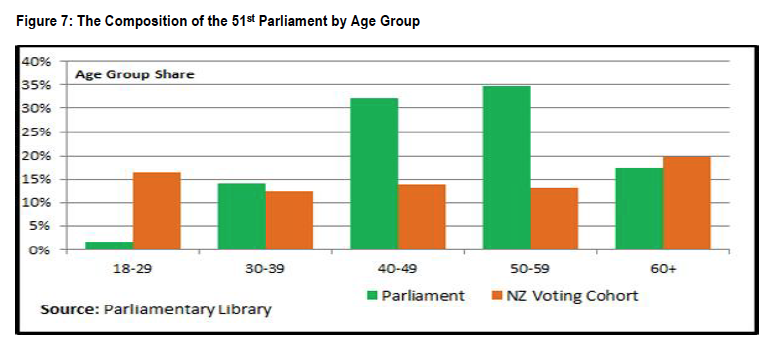National has a problem: persistent high unemployment. Their solution? Blaming their victims, of course:
Prime Minister Bill English is blaming young Kiwis inability to pass a workplace drug test as one of the reasons why overseas workers are needed.
English's comments come on the back of record highs for immigration after it was revealed on Monday 71,300 more migrants had arrived in New Zealand than left in the year to January.
Speaking at his weekly media conference English said two or three business owners a week told him about the difficulty in getting Kiwi workers who apply for jobs to pass a drug test.
"It's a very common discussion - it's not exceptional at all these days for that discussion to be had."
He said he'd heard anecdotal evidence of it across most industries. His comments came on the back of a question about why the 140,000 unemployed people in New Zealand couldn't fill jobs in areas where there are skills shortages.
So we're expected to believe that National's cronies in the farming industry "have" to import immigrant labour to work their poorly paid, shit jobs because the 140,000 people on benefits are all drug addicts. I guess its a great story for the suits in the Koru Lounge - but it bears no relation to reality. To use WINZ's own figures, in 2016 there were nearly 32,000 WINZ-imposed drug tests on beneficiaries, and only 55 people were sanctioned for failing them - a hit rate of less than 0.2%. But hey, why should the facts get in the way of a good victim-blame?






